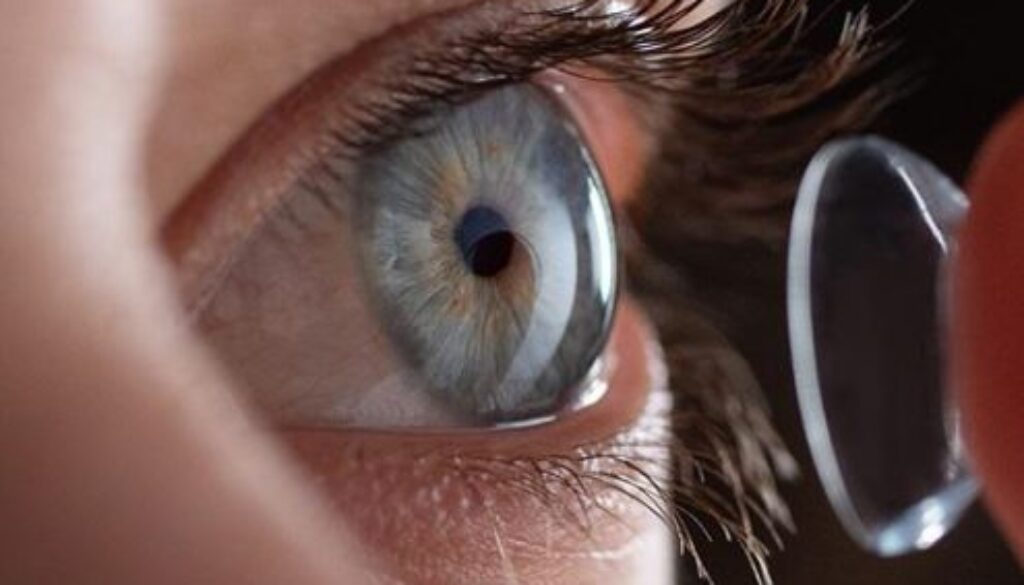Can ANYONE wear contact lenses?
Can ANYONE wear contact lenses?
Many patients are interested in trying contact lenses but are unsure what their options are and if they are a good candidate for contact lenses. Over the last decade, contact lenses have exploded in the eyecare space and now there are more options available than ever. Below we will review some common types of contact lenses.
Soft lenses: these lenses are commonly used for average prescriptions but in recent years have expanded to incorporate high myopic (minus) and hyperopic (plus) prescriptions as well as increasing options for patients with astigmatism.
- Monthly soft contact lenses: these lenses are taken out daily and thrown away at and end of the month.
- Bi-weekly soft contact lenses: these lenses are taken out daily and thrown away every 2 weeks.
- Daily soft contact lenses: these lenses are thrown out at the end of 1 day. The next day a new lens is worn.
These lenses can also incorporate astigmatism and provide multifocal correction for clear distance and reading vision.
Specialty contact lenses: This area of eye care has made it possible for a much wider range of patients to wear contact lenses and sometimes provide clearer vision than glasses.
- Gas Permeable Contact lenses: these rigid lenses allow for better optical quality and wider ranges of prescriptions and better fits on irregular corneas
- Specialty Hybrid Contact lenses: with a rigid gas permeable lens in the center surrounded by a soft contact lens skirt, these lenses provide the same benefits as gas permeable lenses with improved comfort.
- Scleral lenses: these lenses are widely used for conditions like keratoconus and allow for a large range of corneal irregularities and high or irregular prescriptions while providing great optical quality.
- Orthokeratology (Ortho-k) lenses: these are overnight reshaping lenses which gently mould the cornea to actually change the prescription and allow for clear vision throughout the day without the use of contacts or glasses.
- Myopia Management contacts: these lenses are used in children to slow the progression of myopia (nearsightedness) while providing clear vision. They are now FDA approved to slow myopia.
Who can wear contact lenses?
The truth is, anyone who is interested in wearing contact lenses can likely find an option that works for them. Years ago, doctors may have told patients with astigmatism or presbyopia (the need for reading glasses) that contacts weren’t an option for them.
Nowadays, there are many options for patients and our doctors are experienced at fitting all of these contact lens modalities. We also can fit children as young as 4 years old in contact lenses, with parent cooperation of course.



